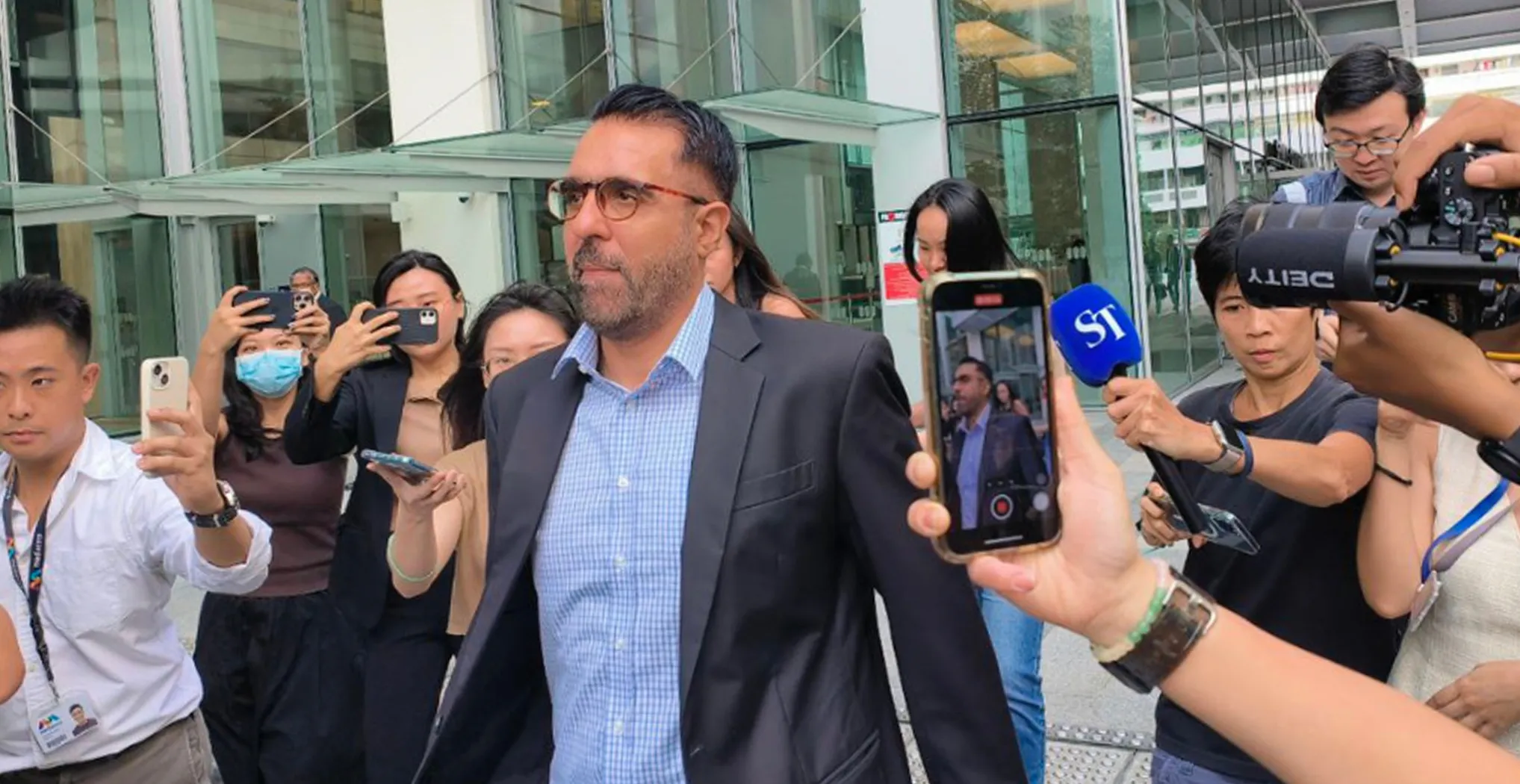'Uphill battle' to transfer case to High Court: Pritam Singh on failed bid
He said that securing the transfer would have been "an uphill battle".

Hours after news broke of his failed bid to have his case heard in the High Court, Workers' Party (WP) chief Pritam Singh issued a statement on Facebook. Despite knowing that it would have been "an uphill battle" to secure the transfer, Singh and his team had filed the application to transfer the case to the High Court nonetheless. This is because the prosecution decided to transfer former minister S Iswaran's case to the High Court — "an unusual and uncommon course of action," he said. Opining that Singapore's criminal justice system is "an adversarial one", Singh added: "While I disagree with many aspects of the Prosecution’s decision to transfer Iswaran’s case while taking a different position in my case, I acknowledge their work, and that of the High Court, in responding to my application." His trial is due to begin on Oct. 14, 2024, at the State Courts.
Background
Singh is facing two charges. He allegedly wilfully gave a false answer on Dec 10, 2021, and Dec 15, 2021, during an inquiry before the Committee of Privileges pertaining to Raeesah Khan's case. Khan, the former MP, had lied over a sexual assault case and accused the police of mishandling it, and Singh allegedly testified falsely. On Mar. 19, 2024, he was charged in court and pleaded not guilty.
Bid to transfer the case
On Aug. 26, Singh revealed that he had filed an application to have his legal case transferred to the High Court. Iswaran's case was transferred due to "strong public interest considerations", which Singh's lawyers said also applied to the WP secretary-general. In Iswaran's situation, the prosecution applied for the transfer and the defence agreed to it. However, in Singh's case, it was the defence who applied for it, but the prosecution opposed it.
Deputy Attorney-General Ang Cheng Hock said the prosecution asked for Iswaran’s case to be transferred because of the charges falling under Section 165, which pertains to obtaining valuables as a civil servant. This could impact civil servants in a wide range of different roles, and those considerations do not apply in Singh's case, Ang said. In Singh's case, the sole issue is whether the prosecution can prove beyond reasonable doubt that Singh had lied while giving answers to the committee, which Ang described as a "purely factual inquiry". He clarified that "public interest" refers to what is in the public good, and not the fact that members of the public are interested in a case. On Sep. 9, it was reported that Singh had failed in his bid.
Singh's response
In his Facebook post, Singh expressed his disappointment but remained resolute. He stated, "While I disagree with many aspects of the Prosecution’s decision to transfer Iswaran’s case while taking a different position in my case, I acknowledge their work, and that of the High Court, in responding to my application." Singh's trial is set to begin on Oct. 14, 2024, at the State Courts, where he will face the charges of allegedly providing false testimony during the Committee of Privileges inquiry.
Future implications
The outcome of Singh's trial could have significant implications for Singapore's political landscape and its criminal justice system. If found guilty, Singh could face severe penalties, which might affect his political career and the WP's standing. Conversely, an acquittal could bolster his position and raise questions about the consistency of prosecutorial decisions in high-profile cases. The trial will be closely watched, not just for its legal ramifications but also for its potential impact on public trust in the judicial process.

